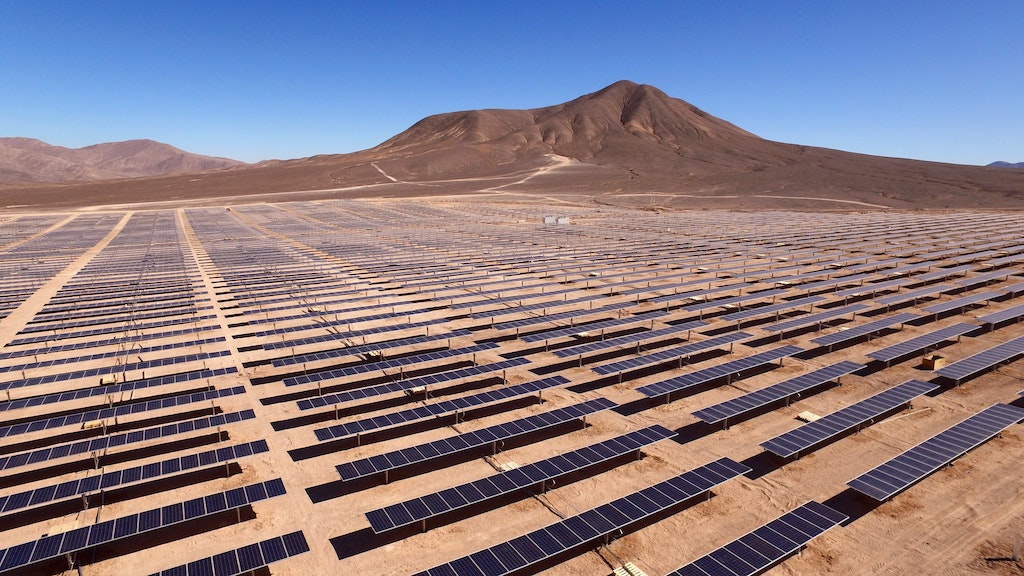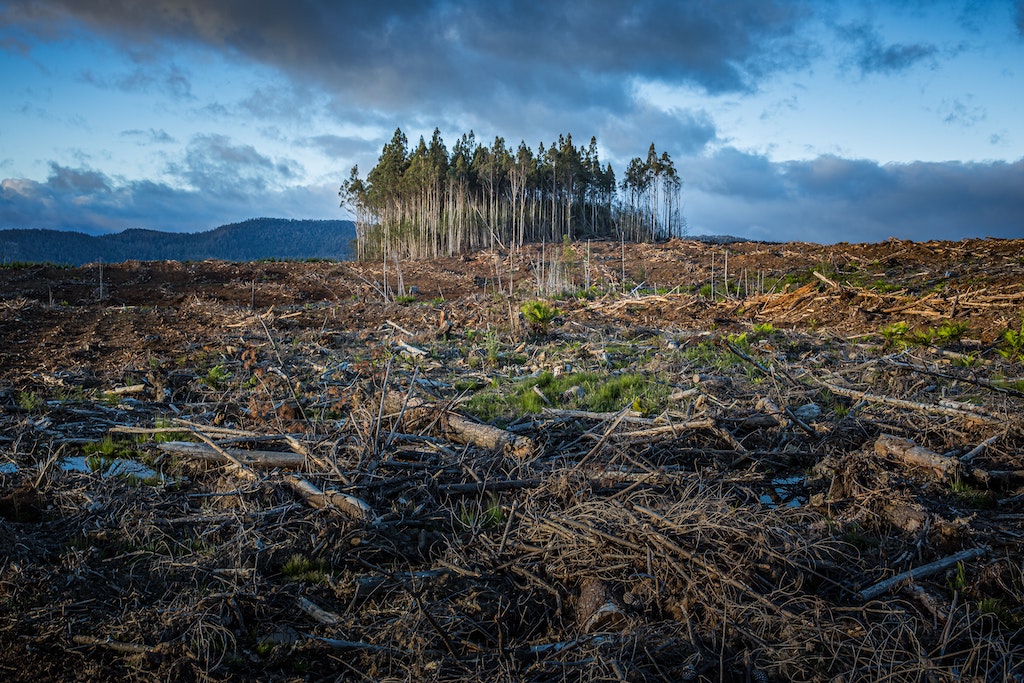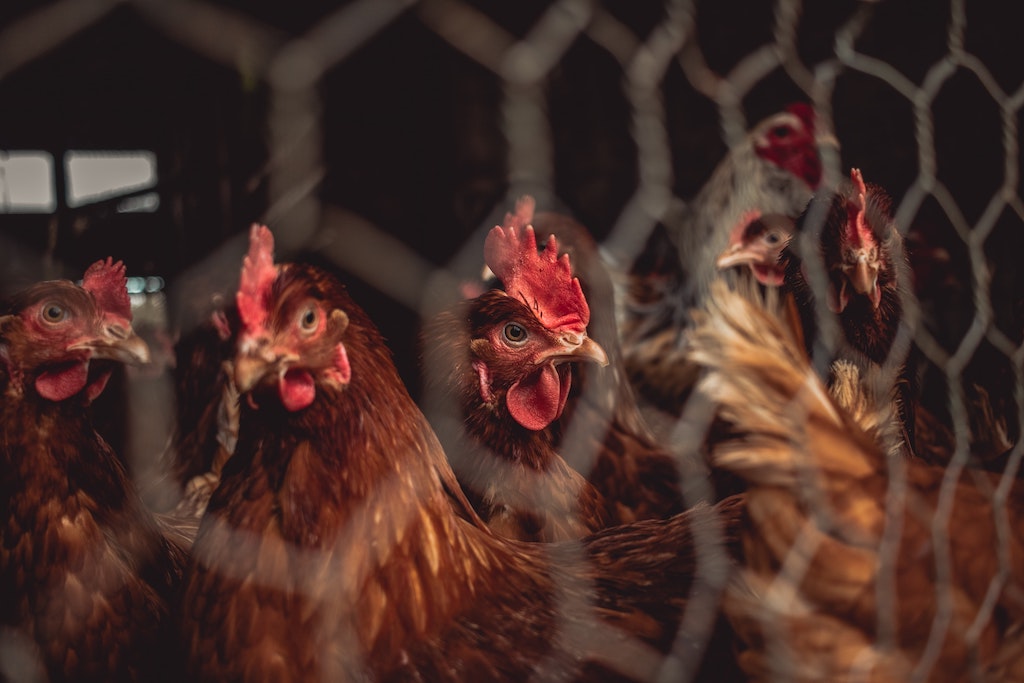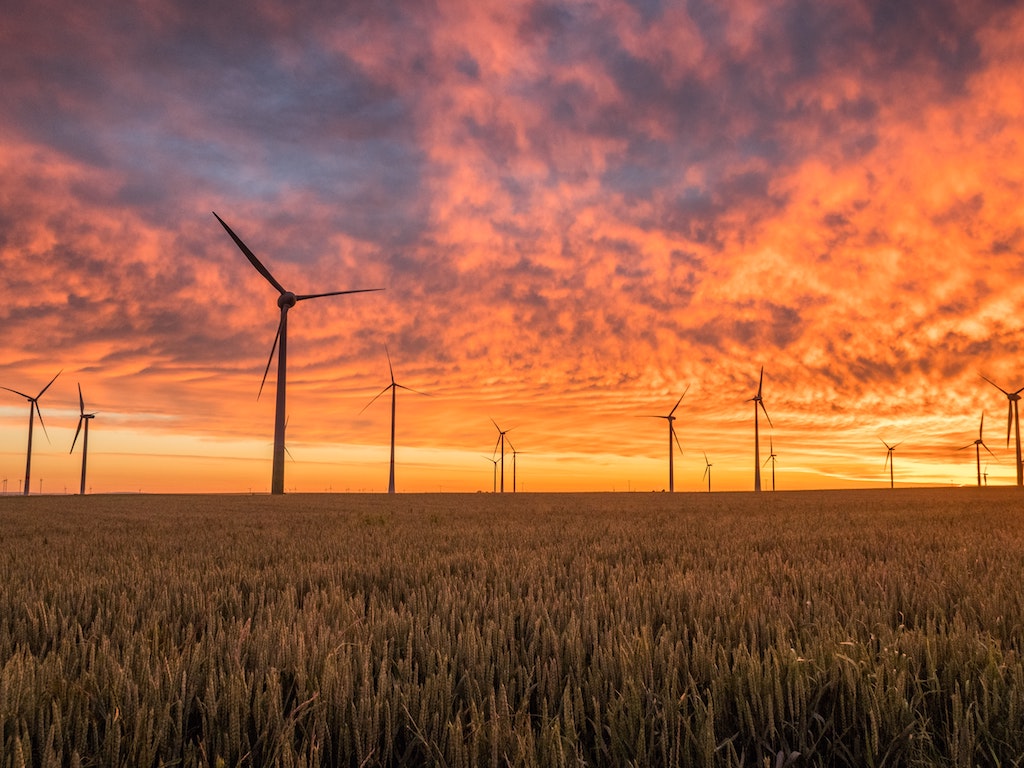Climate Hope? A New Report Says If We Fix Food, Transport and Energy, We Can Slash Emissions By 90% In 15 Years
3 Mins Read
Overhauling the food, transport and energy sectors will bring about a 90% reduction in GHG emissions within 15 years, says a new report. The analysis, published by independent think tank RethinkX, offers a glimmer of hope for the global economy to reach net-zero by as soon as 2040 amid recent dire warnings about the disastrous consequences of climate change.
A new report offers optimism that the planet can still be saved, despite the latest IPCC report warning of a climate “code red for humanity”. Published by Bay Area think tank RethinkX, the analysis suggests that disruption in just three sectors alone—energy, food, and transportation—will translate to GHG emissions cuts upwards of 90% by 2035.
Net-zero by 2040 is possible
According to the report, the disruption in three sectors will be led by eight key technologies that we already have—and it could bring the world to net-zero emissions by 2040.

These technologies include renewables like solar and wind energy, the adoption of electric and on-demand autonomous vehicles, and the rise of precision fermentation and cellular agriculture alternative proteins to replace carbon-intensive livestock production.
“We can either accelerate the energy, transportation and food disruptions and solve the climate crisis by ushering a new era of clean prosperity, or we can waste decades and trillions of dollars propping up the incumbent system,” shared ReThinkX co-founder Tony Seba.
“The stakes for the planet and society are enormous. It is up to us to decide whether or not we deploy and scale these technologies rapidly enough to avoid dangerous climate change.”

Removing barriers to disruption
As global heating continues to accelerate, the report says that action must be taken to speed up the “inevitable” disruption that these technologies are already having on food, energy and transport.
RethinkX analysts emphasised the need to make “crucial societal decisions”, which will “either accelerate or delay the disruptions, with major ramifications for whether the world avoids dangerous climate change.” Some of the key recommendations outlined include ending livestock farming subsidies, removing regulatory barriers to the adoption of electric vehicles and eliminating utility monopolies in the energy industry.

“The focus should be on enabling the disruptions that are best poised to transform these three sectors currently responsible for over 90 percent of emissions,” explained RethinkX co-founder James Arbib. If such action isn’t taken, Arbib continues, global GHG emissions are set to rise for another five years to far exceed the 2 degrees Celsius threshold by which the planet will reach a climate danger zone.
“Although these disruptions are ultimately inevitable due to economic forces, how slow or fast these technologies scale globally falls largely on policymakers and their willingness to act quickly – or not,” said RethinkX research fellow Adam Dorr.
“Societal choices matter, and technology alone is not enough to achieve net-zero emissions and avoid the risk of dangerous climate change.”
All images courtesy of Unsplash.




